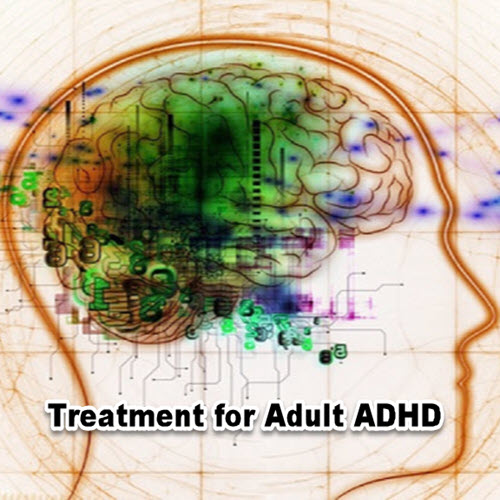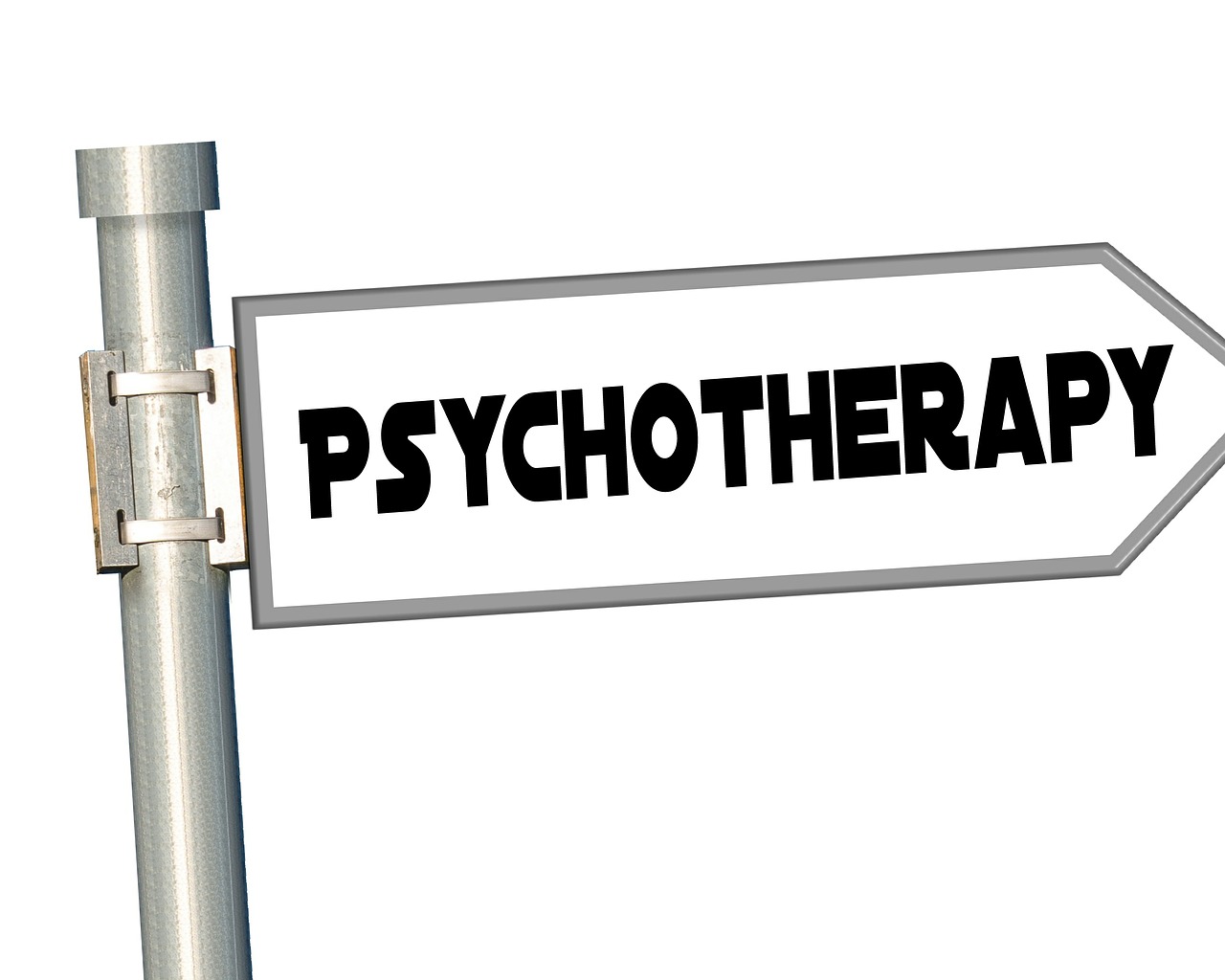 I want to be clear that there is definite evidence that antidepressant medications do work and do reduce suicidal urges and do cause improvement in the misery of the illness of depression (Major Depression) including
I want to be clear that there is definite evidence that antidepressant medications do work and do reduce suicidal urges and do cause improvement in the misery of the illness of depression (Major Depression) including
- Persistent sadness
- Lack of pleasure
- Sleeplessness and insomnia
- Appetite problems
- Loss of cognitive skills
- Negative thinking
- Fatigue
These are powerful medications and should be used carefully for specific indications and the patients taking these drugs should be followed and any improvements or worsening should be identified. Each depressed person may have genetic and situational and previous medication exposure which can affect how SSRIs will help or harm. The decision to use these important medications should be shared by the physician, the patient, and perhaps significant others.
You may hear a lot of negatives about medical treatment of depression. But keep in mind the big picture:
Major Depression is one of the most harmful illnesses there is, and it is apparently related to an inflammatory process in brain pathways with increases in cytokines and other chemicals.
Causative factors can include genetics, early life traumas, current losses and stresses, and other medical conditions including pain and drugs. Whatever the cause, the severe suffering of Major Depression deserves some kind of treatment including possible psychotherapy (more about this in my next blogpost). It’s like going into an emergency room with chest pain and heart blockage: the doctor doesn’t say “Oh, we know this is due to overeating and high cholesterol and therefore we don’t need to treat it.” No, treatment is not delayed (although chest pain due to a muscle strain is handled differently, just as sadness in an unpleasant situation is handled differently from Major Depression).
The major new point that I want to make is that stopping an antidepressant is often a very complicated process. We should not expect that it is a simple matter to just go off the drug and everything will either stay the same, or that everything will go back to the way it was before the drug was started. We know a good bit about the pharmacokinetics of drugs, namely how they are absorbed into the body, how they are distributed to various organs, how the liver or kidney excretes or breaks them down, etc. We don’t know as much about the pharmacodynamics, namely what receptors in the brain or elsewhere are activated or deactivated, what kind of domino effect might occur downstream on other receptors, etc. In particular, we don’t know a lot about brain network changes which have occurred over time, probably a continuing process over months or years, and what will happen to these networks when the drug is reduced or stopped. Tapering very slowly is recommended, going even more slowly as the dose becomes lower and lower. Some people may have no significant problems in tapering down and stopping; others may suffer significantly. There are things we can do to help the process of discontinuing.
When an antidepressant medication is stopped or dosage is reduced, approximately half of these people will experience “discontinuation” symptoms such as electrical tingling sensations, dizziness, flu-like symptoms, headache, insomnia, and related sensations which may last a few days or a few weeks or even longer. Often the term “withdrawal” is used instead of “discontinuation” and there is current controversy about which word is better since “withdrawal” implies that antidepressants may be addictive, but these medications don’t really fall into the category of addictive substances which are overused in a harmful way. I am seeing more discussions of the consequences of stopping antidepressants (usually SSRIs and SNRIs-see below) and lamenting the fact that there is not much research yet accomplished which can answer what to do in various situations.
There is also beginning to be more concern about long term consequences of stopping medications including so-called post acute withdrawal (PAWS) syndromes which may be difficult to distinguish from the original depression/anxiety symptoms for which the drugs were prescribed.
Think of it this way: You put something into the connectome (the trillions of synapses in your brain). Is it like feeding a parking ticket into a payment slot and expecting to get it back largely unchanged? Or is it more like feeding paper into a shredding machine and forming something new out of the scraps?. So you put pills or substances into your bloodstream and this leads to something getting into your brain and throwing all kinds of complicated switches in the neural pathways. And changes lead to other changes and these interact with new experiences. Now you decide to stop putting things into this system. Do you expect everything to revert back to how it was before you started? No, you don’t.
Those of us who prescribe antidepressant medication, and who follow patients over months and years, are well aware that sometimes these drugs lose their effectiveness. We also witness the many people who stop and start medications, the symptoms which change with stopping and restarting. Usually, the physician supervises the changes, but of course we all have had the experience of doing it ourselves on our own.
Note: There are many kinds of antidepressant medications including the older tricyclics and MAO inhibitors, and the newer approaches including Spravato (esketamine) and ketamine.
But I am primarily thinking about the SSRIs (selective serotonin reuptake inhibitors) including
- Prozac (fluoxetine)
- Lexapro (escitalopram)
- Celexa (citalopram)
- Zoloft (sertraline)
- Paxil (paroxetine)
- Luvox (fluvoxamine)
As well as the SNRIs (serotonin norepinephrine reuptake inhibitors) including
- Effexor (venlafaxine)
- Pristiq (desvenlafaxine)
- Cymbalta (duloxetine)
- Fetzima (levomilnacipran)
And variations on these serotonin/norepinephrine/dopamine related medications such as
- Wellbutrin (bupropion)
- Trintellix (vortioxetine)
- Viibryd (vilazadone)
- Remeron (mirtazapine)
- Desyrel (trazodone)
The preceding list is not comprehensive or complete. Brand names are capitalized and generic names are not. There are newer drugs in the research pipeline which target brain receptor types such as GABA, glutamine, opioid, etc.

 Behind The Scenes In Adult ADHD
Behind The Scenes In Adult ADHD
Excellent article; thanks for the information.
Thank you for taking the time to write these blogs. I will use this one to explain to my family the process of choosing and using these drugs.